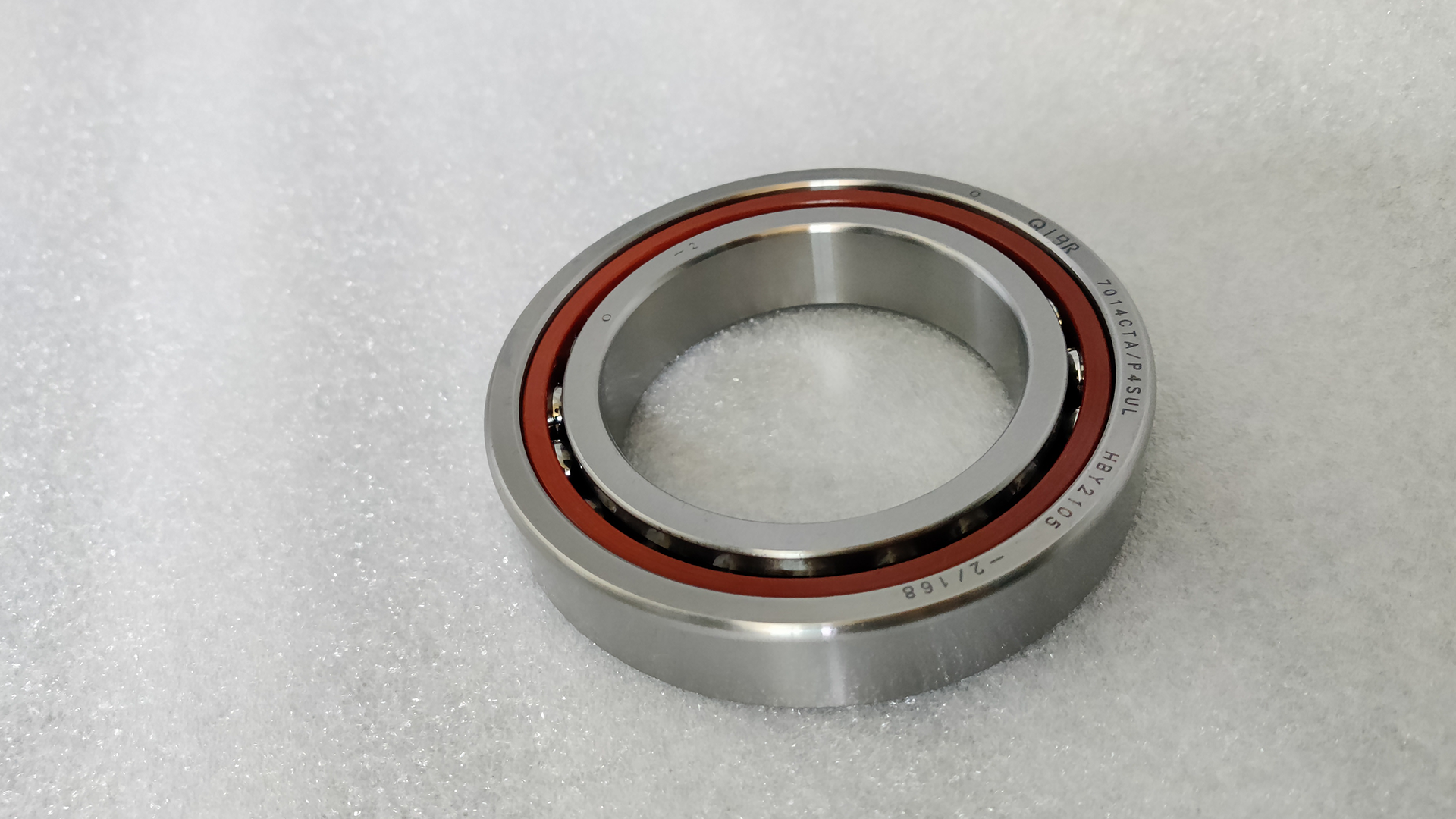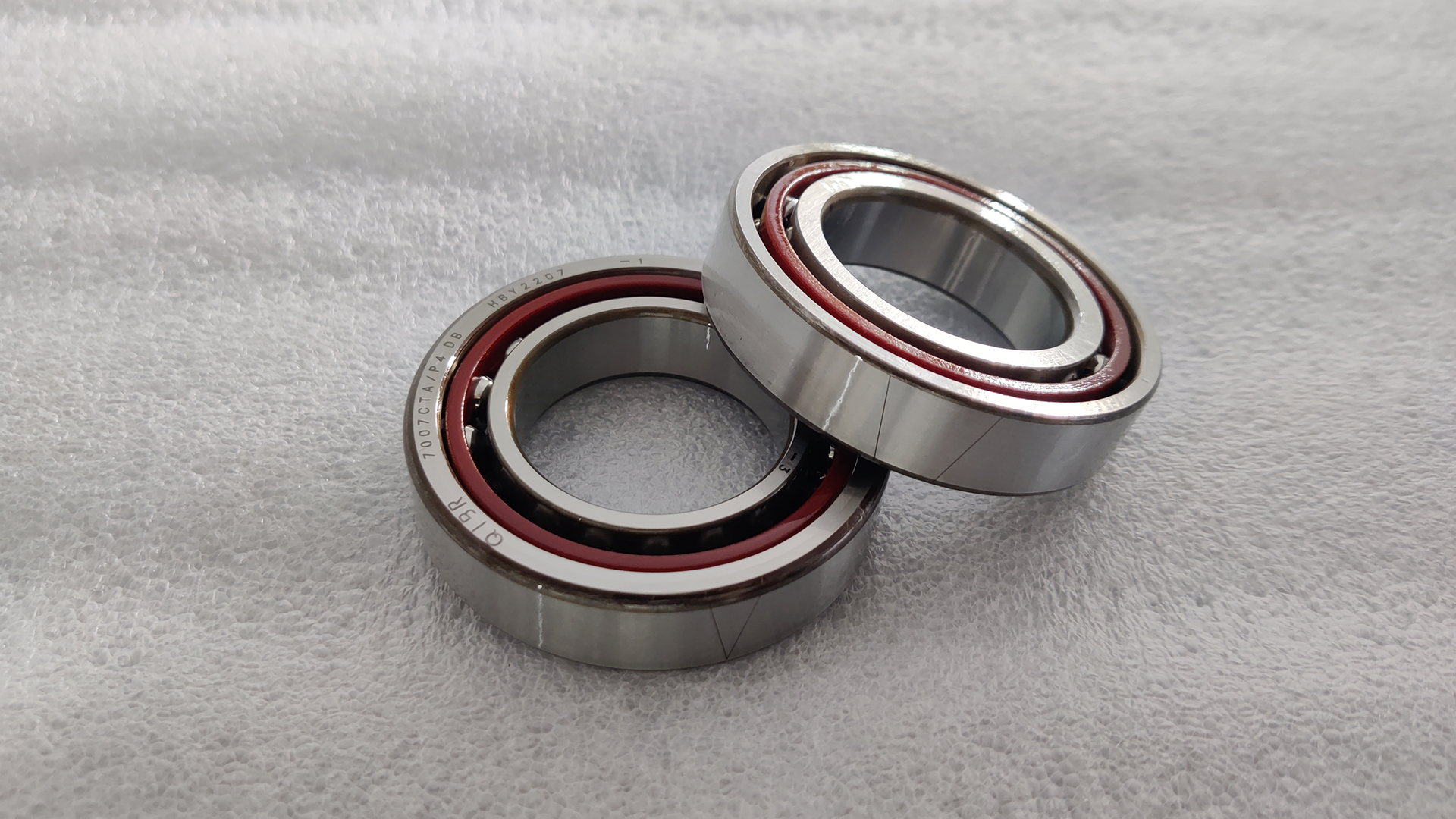Newsroom
Choosing between P4 and P5 bearing grades: which is better?
2024-07-26When selecting between P4 and P5 angular contact ball bearing grades, there are significant differences in terms of dimensional accuracy, rotational precision, and surface quality. P4 grade angular contact ball bearings conform to ISO tolerance grade 4 and have stricter requirements compared to P5 grade bearings.
Specifically, P4 grade bearings offer:

- Dimensional Accuracy
P4 angular contact ball bearings have smaller deviations in inner diameter, outer diameter, and ovality. This ensures that the bearings fit more precisely in their housings and onto shafts, reducing the likelihood of misalignment and wear.
- Rotational Precision
P4 angular contact ball bearings have stricter tolerances for inner radial runout, outer radial runout, and end face runout to the raceway. This high level of precision minimizes vibration and noise, which is critical for high-speed and high-precision applications such as machine tools and precision instruments.

- Surface Quality
P4 angular contact ball bearings have higher requirements for surface roughness, roundness deviation, and groove shape deviation. Superior surface quality reduces friction and wear, leading to longer bearing life and more consistent performance.
Additional Considerations for Bearing Selection
When deciding between P4 and P5 grade bearings, it's essential to consider the specific requirements of your application. P4 grade bearings are typically used in applications where the highest precision and performance are necessary, such as high-speed spindles, aerospace, and medical equipment. P5 grade bearings, while still offering good precision and performance, are more suitable for less demanding applications.
Therefore, if higher precision and performance are required, P4 grade angular contact ball bearings are the better choice. However, it's crucial to balance the benefits of higher-grade bearings with the cost and specific needs of your application.
For more information, feel free to contact QIBR


